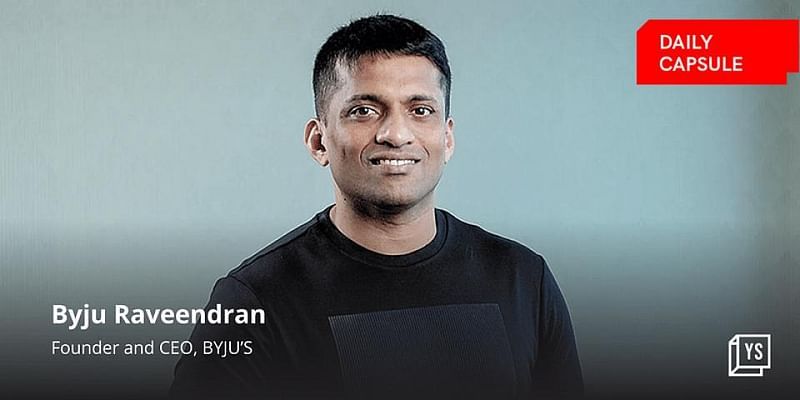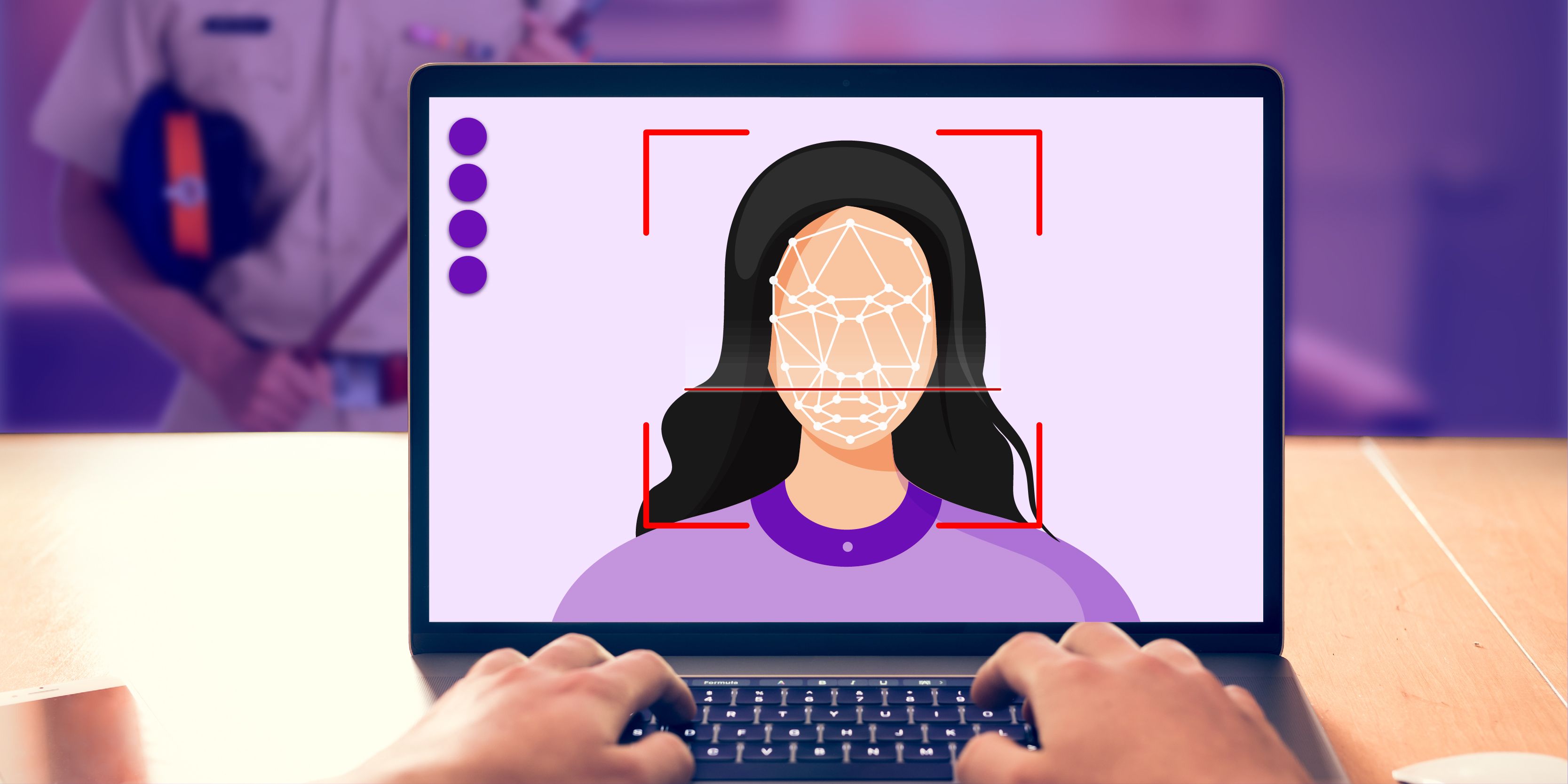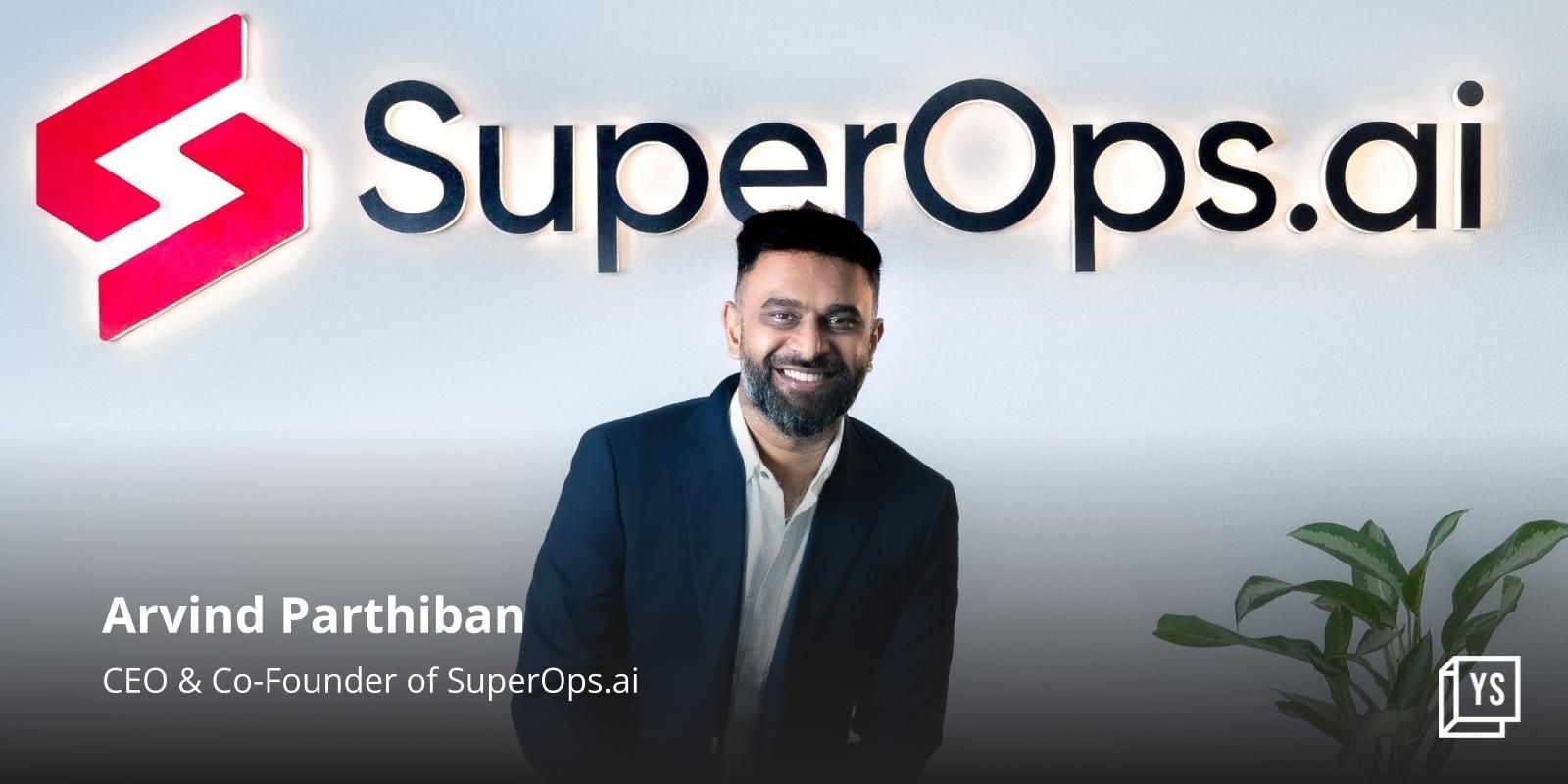
Hello,
Tax cuts to woo Tesla?
India is considering tax cuts on the imports of completely-built units of electric vehicles, for a period of up to five years, as it tries to entice the likes of Tesla to sell and eventually, make its cars domestically, reported Bloomberg.
The government is working on an EV policy that would allow international car manufacturers to import battery-powered vehicles on concessional duty rates if they commit to eventually building them in India, added the report.
Meanwhile, the procurement of goods and services from the Government e-Market portal has crossed Rs 2 lakh crore so far this fiscal due to higher buying activities by different ministries and departments.
ICYMI: Inside the multi-billion-dollar business of meditation.
In today’s newsletter, we will talk about
- BYJU’S needs to bring tech back in edtech
- Need for regulation around deepfakes
- Journey of SuperOps.ai CEO Arvind Parthiban
Here’s your trivia for today: Which was the first comet to be discovered by telescope?
Edtech
BYJU’S needs to bring tech back in edtech

This is a moment of introspection for BYJU’S. Given the fires that the edtech startup has had to put out in the past year, it needs to focus on its core online offerings and lose ventures that have become dead weight.
Industry experts say that the Bengaluru-based startup should adopt a long-term strategy rather than relying on short-term remedies.
Back to basics:
- It needs to emphasise on identifying and prioritising its core business through the effective use of technology.
- In edtech, the inevitable future revolves around customising and personalising learning with minimal human intervention, notes a venture capitalist (VC) with edtech investments.
- BYJU’S’ core online business has shown progression over the years but it “isn’t growing” at a rate expected for a company of its size and scale, which makes the path forward “not an easy one”, adds an executive at a major edtech company.
<Funding Alert>
Startup: Bakingo
Amount: $16M
Round: Growth
Startup: General Autonomy
Amount: $3M
Round: Seed
Online safety
Need for regulation around deepfakes

Over the last few years, deepfakes have gone mainstream—with commercial apps launched for users to morph their faces onto celebrities’ for the purpose of amusement. In fact, the technology was also used to ‘resurrect’ several deceased celebrities.
However, it is largely being used for harassment purposes nowadays, especially targeting women users. Experts believe stricter laws and their swift implementation, along with a greater understanding of these technologies in the legal system is a must.
Misuse of tech:
- India’s first woman cybercrime investigator, Pattathil Dhanya Menon, says while AI has changed the face of the media and entertainment industry, its misuse is cause for deep concern.
- Senthil Nayagam, Founder of Muonium AI which uses generative AI for creating content for movies and music, says even a two-second audio clip available can be cloned and misused on the internet.
- Soumen Datta, Associate Partner, Digital Transformation, BDO India, says that in 2019, a staggering 15,000 deep-fake videos surfaced online with 99% of videos featuring morphed faces of celebrities.
Interview
Journey of SuperOps.ai CEO Arvind Parthiban

Even after selling his first company Zarget to Freshworks in 2017, Arvind Parthiban never lost the desire to start something new. In 2020, he went on to set up SuperOps.ai along with Jayakumar Karumbasalam.
The Chennai-based SuperOps.ai has seen a 300% growth in customers in the last one year, and raised $12.4 million in October as part of its latest round.
“A founder should have high conviction—but should also have flexible persistence. Imagine you’re determined to climb a mountain and your goal is to reach the summit. That’s conviction,” says Arvind in a conversation with YourStory.
A grounded approach:
- Arvind, who gave up sugar some four years ago, truly believes that being fit enables him to become a better leader.
- He surrounds himself with folks who are different from him. “I tend to lean more toward gut-based decisions. I often describe this approach as being akin to Captain Kirk, as opposed to the logical and analytical Spock,” he says.
- He has a close support group that he leans on when he is in need of clarity or advice. This includes Freshworks Founder and CEO Girish Mathrubootham whom he considers his “best friend”.
News & updates
- Grand plans: India is planning to invite bids for an 80 billion-rupee ($960 million) incentive programme for the production of electric vehicle batteries. It will require winning bidders to set up advanced chemistry battery plants with a total output of 20GWh.
- Breaking up: Google-parent Alphabet has dissolved its stake in trading app operator Robinhood Markets. The disclosure comes months after Alphabet slashed its stake in the company by nearly 90%. It had around 612,214 Robinhood shares after that sale.
- A new path: Avon is to open its first physical UK stores in its 137-year history. The company has had to strategically rethink its business model after its 5 million reps had to stop making house calls during the COVID-19 pandemic.
Which was the first comet to be discovered by telescope?
Answer: The Great Comet of 1680, also known as Kirch’s Comet and Newton’s Comet. It was discovered by Gottfried Kirch in 1680.
We would love to hear from you! To let us know what you liked and disliked about our newsletter, please mail nslfeedback@yourstory.com.
If you don’t already get this newsletter in your inbox, sign up here. For past editions of the YourStory Buzz, you can check our Daily Capsule page here.










